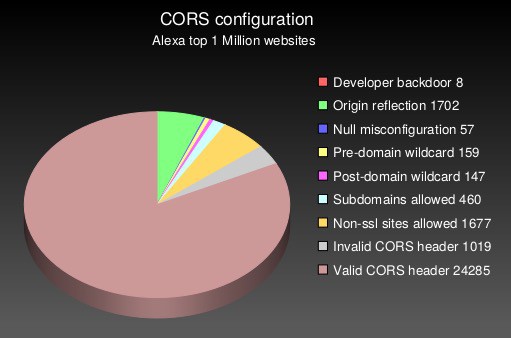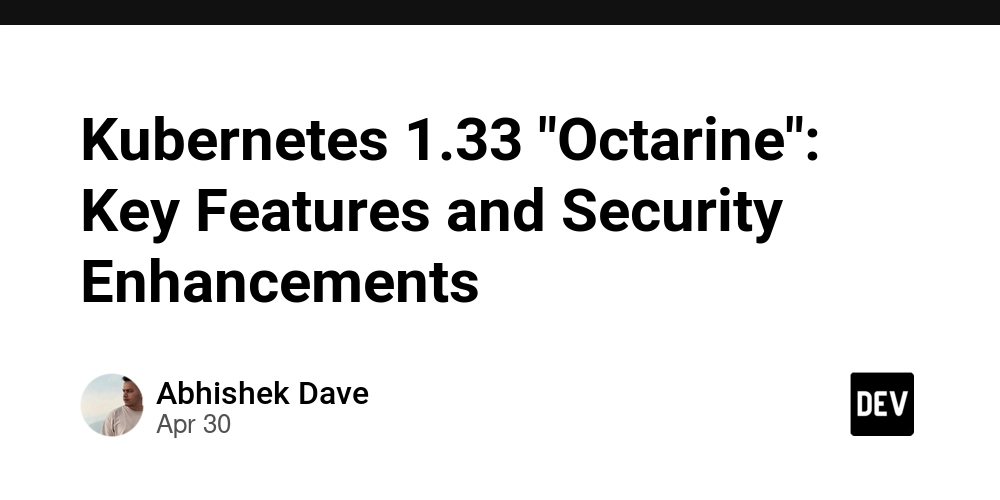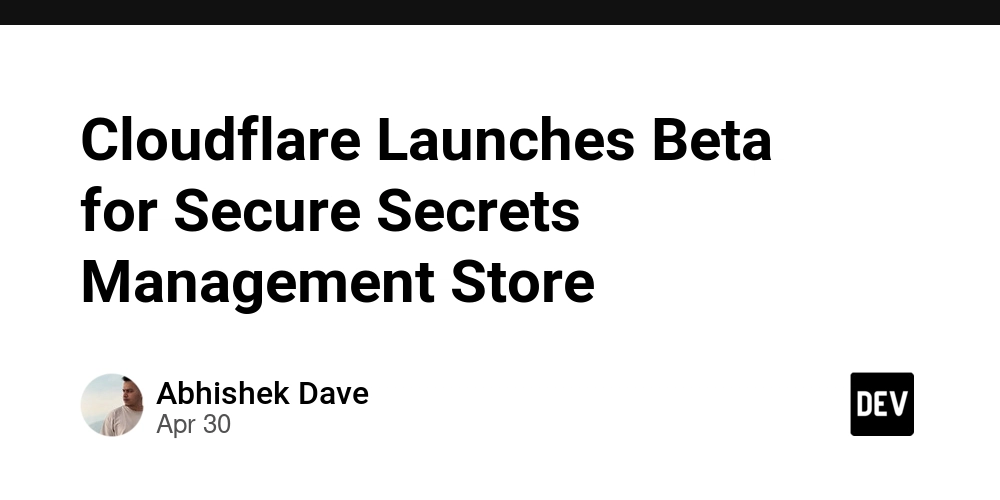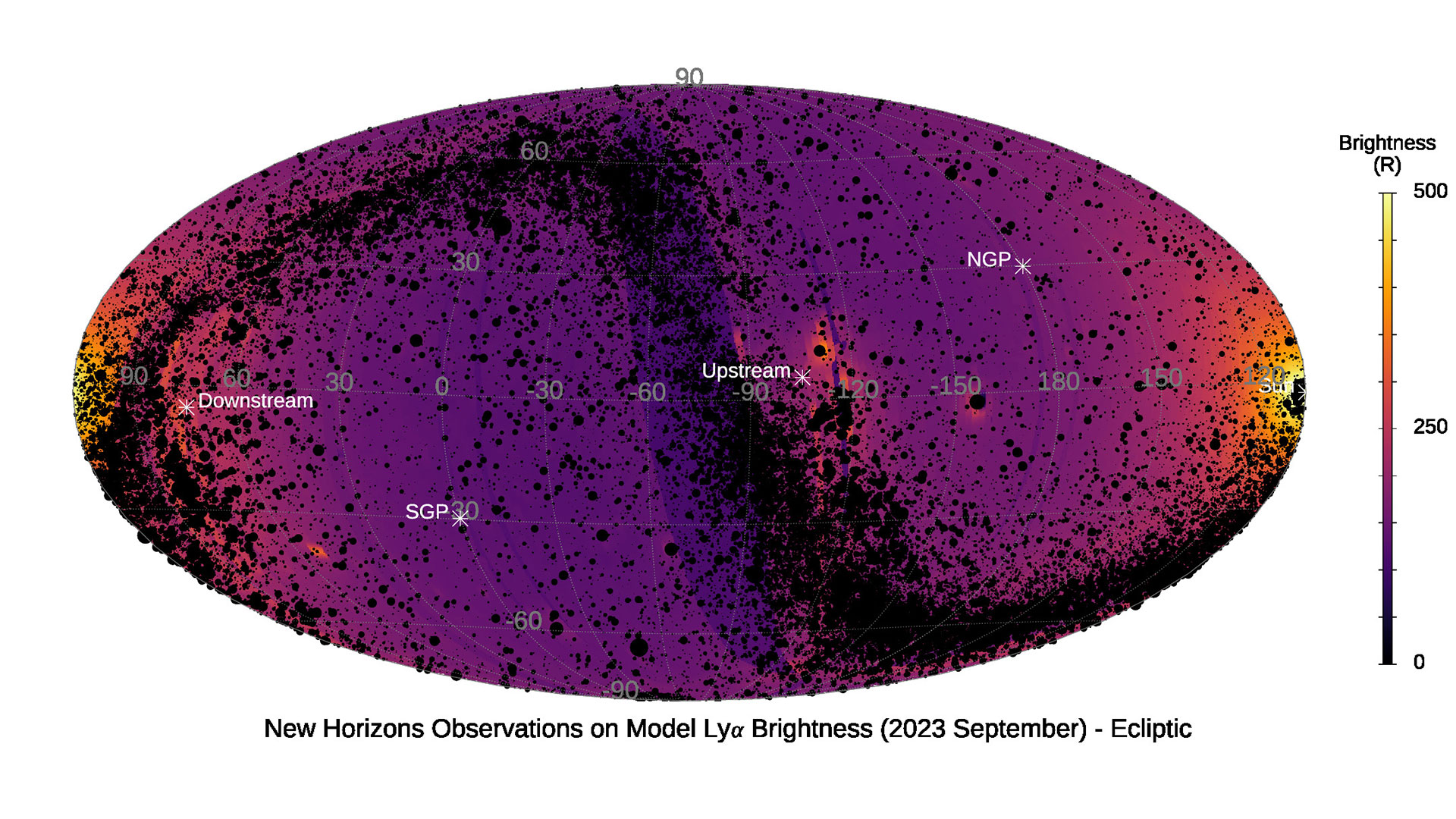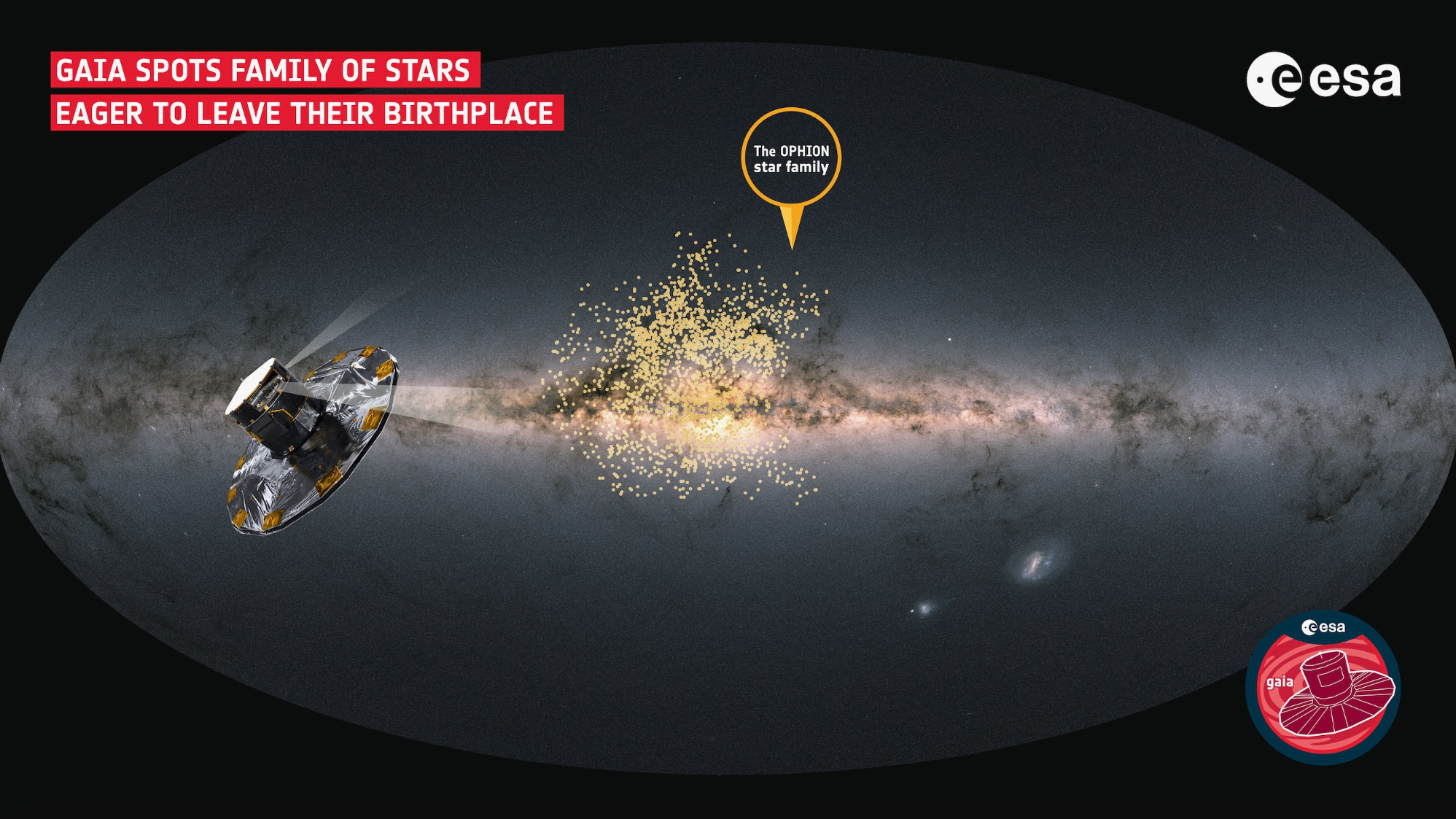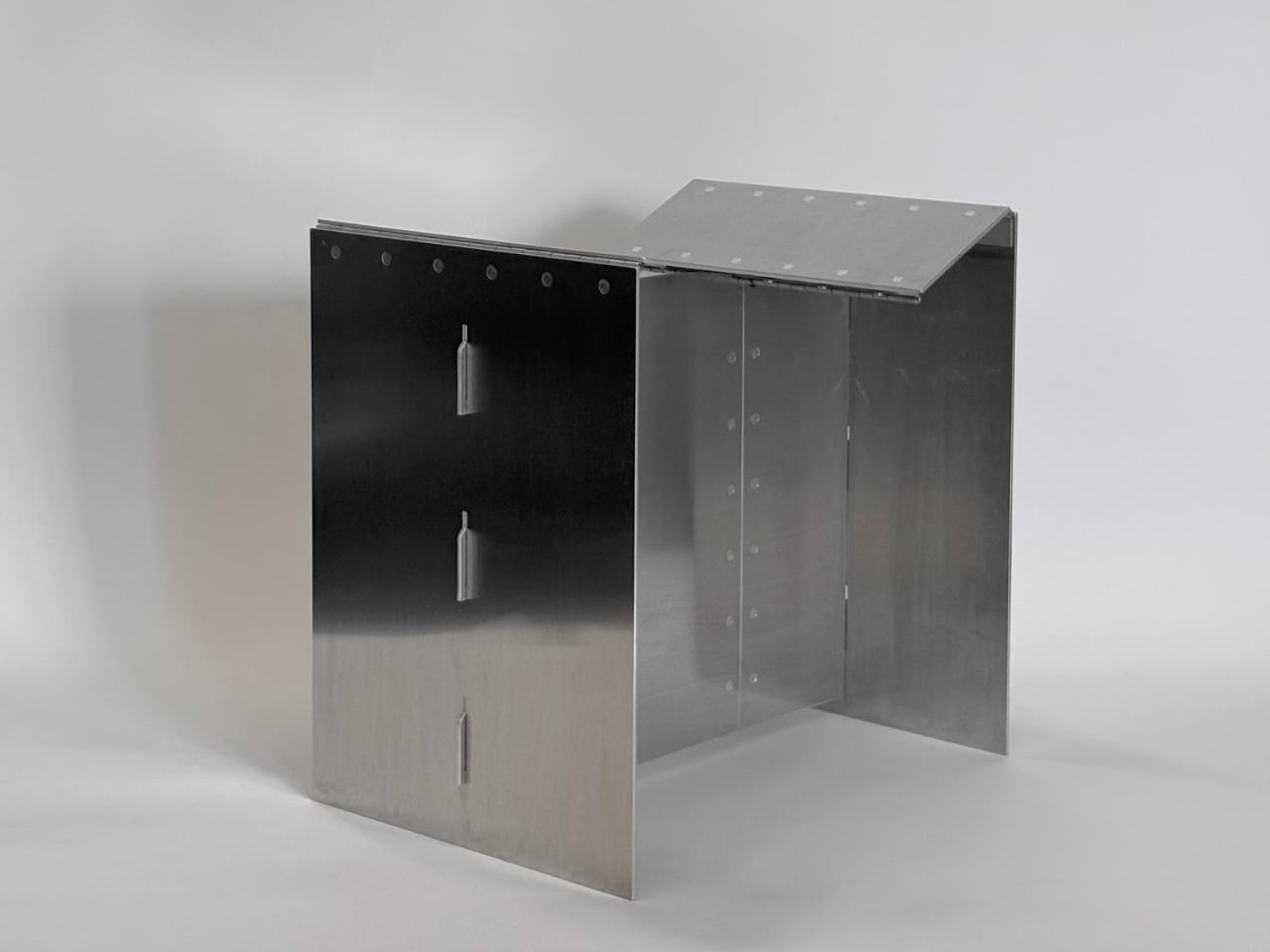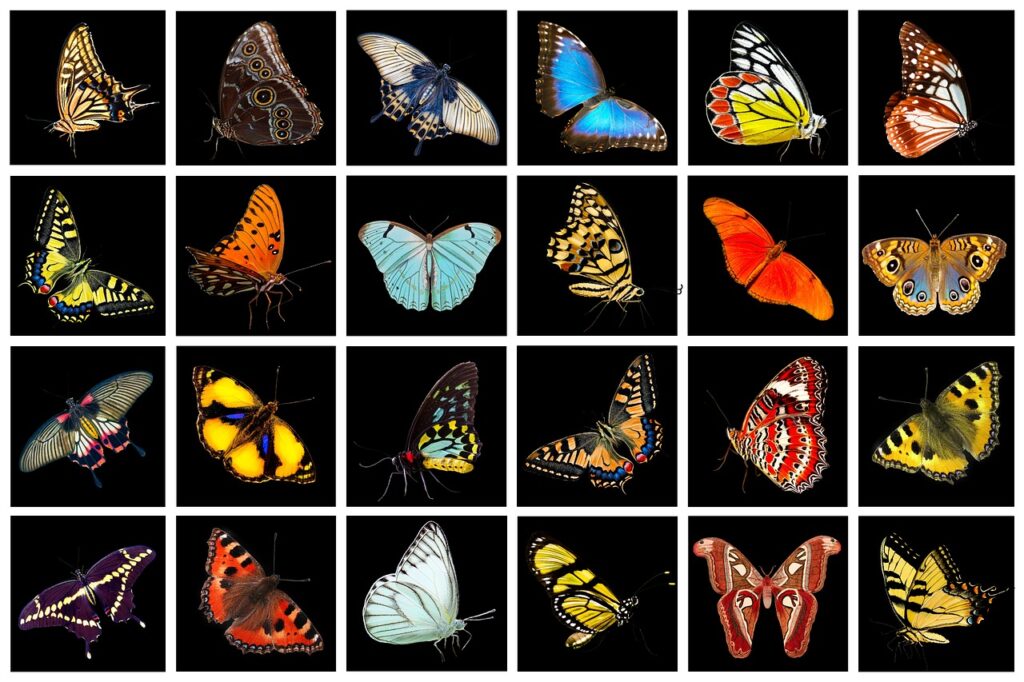Natasha Lyonne to Direct AI-Powered Sci-Fi Film That Could Redefine Hollywood
New film “Uncanny Valley” will be built using generative AI trained on fully licensed data. Natasha Lyonne, star of Poker Face and Russian Doll, is set to direct and star in a new sci-fi film titled Uncanny Valley; a bold experiment in blending human creativity with generative AI. The film, co-written with The OA’s Brit Marling and backed by AI-centric studio Asteria, will use AI-generated visuals powered by a so-called “ethical” AI model named Marey. Big news This is one of the first major Hollywood projects to embrace generative AI as part of its creative core, not just behind the The post Natasha Lyonne to Direct AI-Powered Sci-Fi Film That Could Redefine Hollywood appeared first on DailyAI.

New film “Uncanny Valley” will be built using generative AI trained on fully licensed data.
Natasha Lyonne, star of Poker Face and Russian Doll, is set to direct and star in a new sci-fi film titled Uncanny Valley; a bold experiment in blending human creativity with generative AI.
The film, co-written with The OA’s Brit Marling and backed by AI-centric studio Asteria, will use AI-generated visuals powered by a so-called “ethical” AI model named Marey.
Big news
This is one of the first major Hollywood projects to embrace generative AI as part of its creative core, not just behind the scenes. And it’s doing so at a time when the entertainment industry is deeply divided over AI’s impact on artists’ rights and creative integrity.
Uncanny Valley follows a teenage girl whose world unravels after becoming hooked on a wildly popular AR video game. It will mix live-action with AI-generated virtual environments, designed in part by tech pioneer Jaron Lanier, a longtime VR expert and AI critic.
The visuals will be created using Marey, a generative AI model built by Moonvalley and marketed as one of the first trained solely on copyright-cleared, licensed content. Asteria, co-founded by Lyonne and filmmaker Bryn Mooser, says it’s prioritizing creative ownership and ethical sourcing in contrast to models from OpenAI and others.
Lyonne’s take
She calls the film a blend of The Matrix and Columbo, saying the creative journey has been “radically expansive.”
“AI can enable bigger visions onscreen, but we must also grapple with its complexities surrounding artists’ rights,” she said.
Beyond the screen
With AI usage already a flashpoint in last year’s Hollywood strikes and more than 400 artists recently slamming OpenAI and Google over copyright concerns, Uncanny Valley arrives at a critical cultural moment. Its “clean AI” pitch could test whether the tech can be used without replacing or exploiting creators.
No release date or platform confirmed. But with Lyonne directing and starring, and Brit Marling co-writing and co-leading, Uncanny Valley is positioned as one of the most high-profile experiments in AI-generated cinema yet.
Hollywood has been dreading the rise of AI and Uncanny Valley may prove it can be an ally, if used responsibly. Or, it could fuel the fire. Either way, it’s a film the industry will be watching closely.
The post Natasha Lyonne to Direct AI-Powered Sci-Fi Film That Could Redefine Hollywood appeared first on DailyAI.












